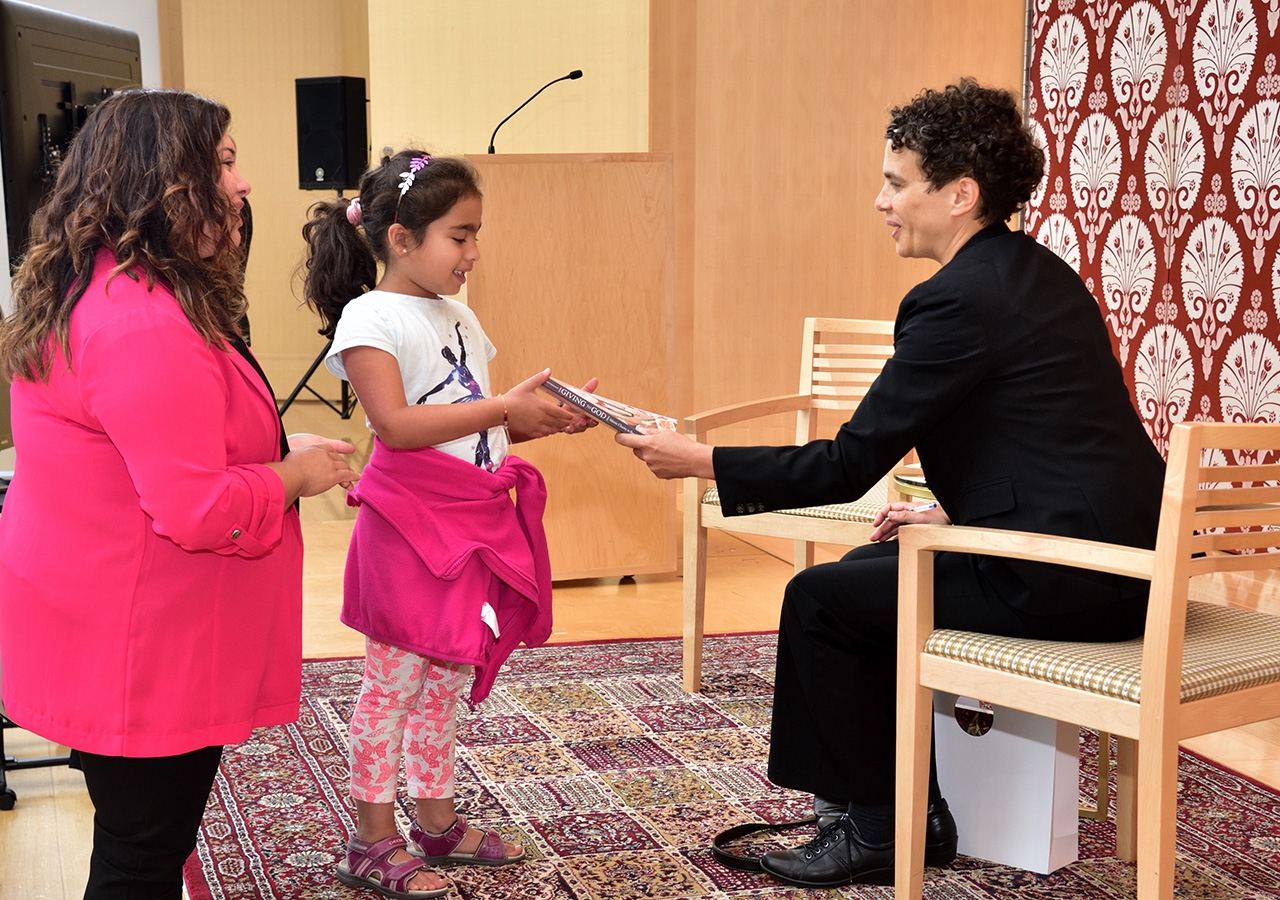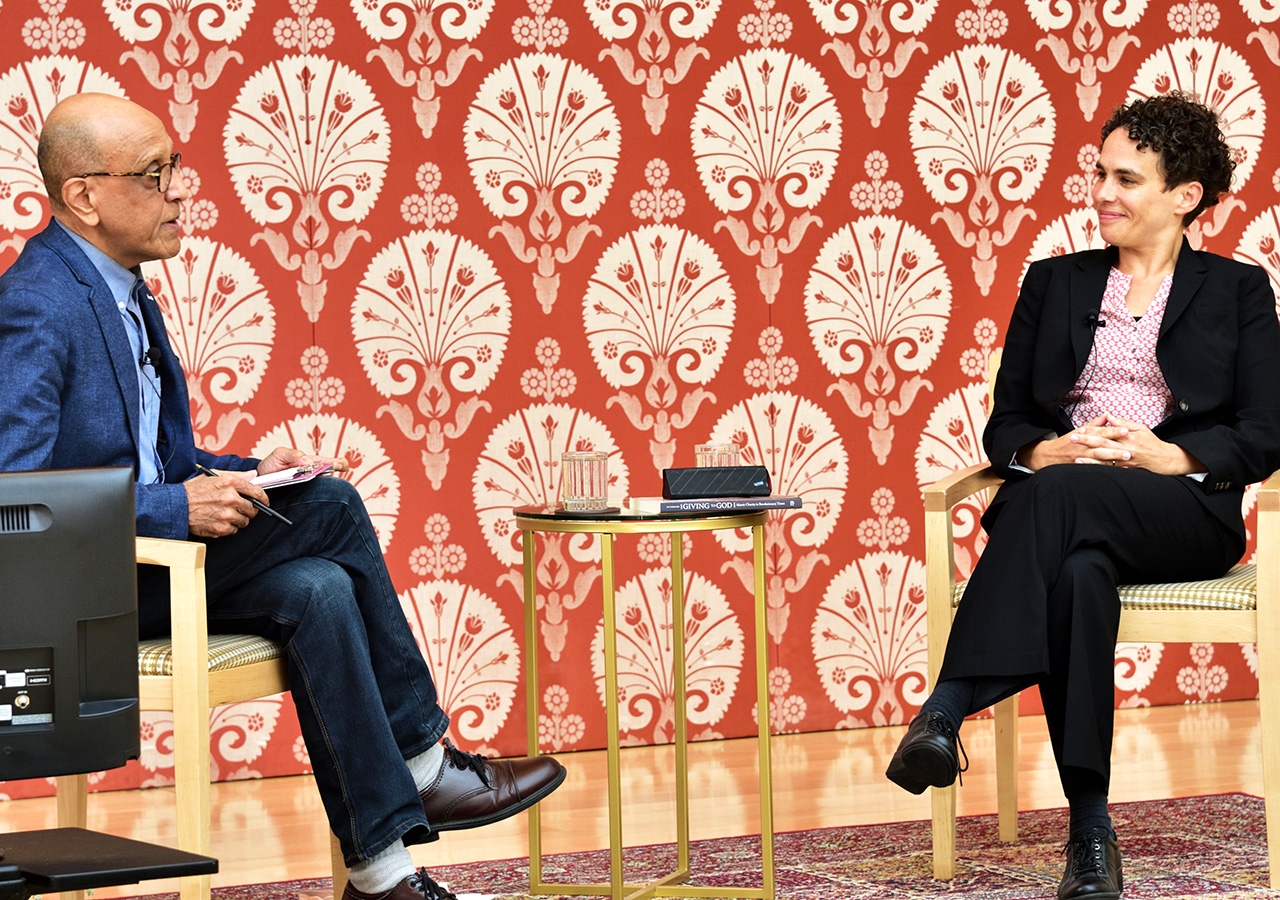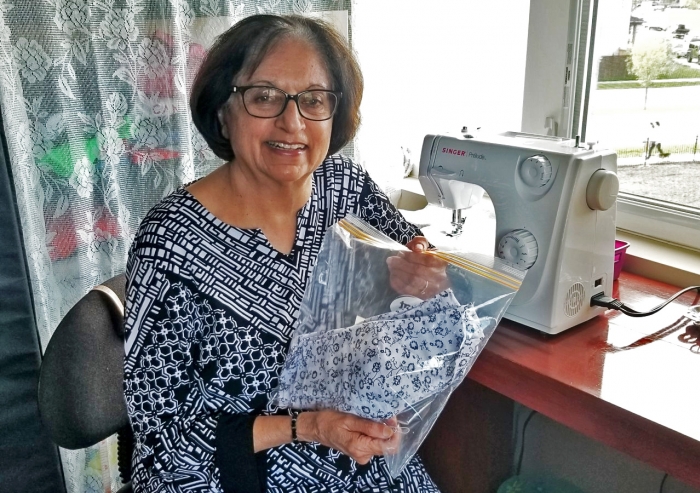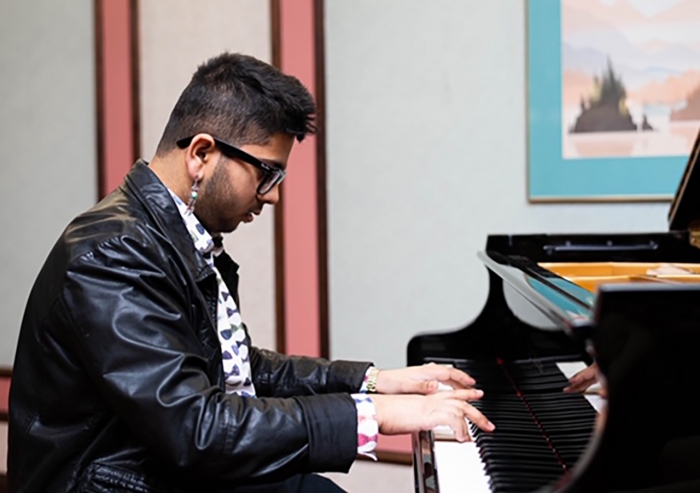As part of the Ismaili Centre Toronto’s speaker series hosted by Dr. Amyn Sajoo, Who Are We, Where Are We Headed?, University of Toronto professor Amira Mittermaier discussed how empathy connects to citizenship, identity, and religion on September 7.
In her book, Giving to God, Mittermaier explains it is our God-given duty to be empathetic to the poor. Her book explores two trains of thought about empathy and Islam: the Sufi belief that one should embody God’s generosity, and the belief that giving to the poor is really giving to God.
She explained that many pious Muslims in Egypt who regularly give to the poor do so to create a transaction with God that earns them “the keys to their house in paradise.”
During her research in Egypt, Mittermaier noticed this widespread mindset in the khidmas (places of service, kitchens in this context) where volunteers cooked for the poor.
“In this kitchen where people are cooking, it’s full of religious rhetoric, it’s full of God talk, it’s full of people reminding themselves that we’re doing this for God and God will reward us for it,” she said.
Professor Mittermaier explained that the volunteers often imagine themselves giving to the hands of God.
While many in the secular world are dismissive of the concept of donating to the poor to gain entry into paradise in the afterlife, as it may be perceived as selfish, Mittermaier believes this mindset benefits the poor.
“They don’t have to perform their suffering, they don’t have to say thank you,” she explained. “It frees them from all this baggage that comes with charity and compassionate giving.”
For those who observe the other philosophy, who give to the poor in the name of God, an ethical dilemma arises.
Does being empathetic to secure a place in paradise have the same spiritual effect as giving out of sheer compassion? Mittermaier believes it’s difficult to judge how spiritual effects vary as it is rare for people to give unconditionally.
Concluding the discussion, Mittermaier said she enjoyed speaking with an audience that cares deeply about volunteering.
“I know that volunteering and giving is central to the [Ismaili] community,” she said. “So I hope there was some resonance.”
Audience member Rafique Daruwalla, 37, reflected on Mittermaier’s talk.
“For a lot of us, we take charity and doing good for granted,” said Daruwalla. “We think it is something that needs to be done or we just do it implicitly, but we never really take a step back and think in terms of why.”
Beyond Charity: The Ethics of Empathy was the fifth of six talks that are part of the Ismaili Centre Conversation Series curated by Dr. Amyn Sajoo on the ethics of citizenship, religion, and identity.
Questions, comments, article suggestions? Contact Canada My Community Editor: [email protected]









